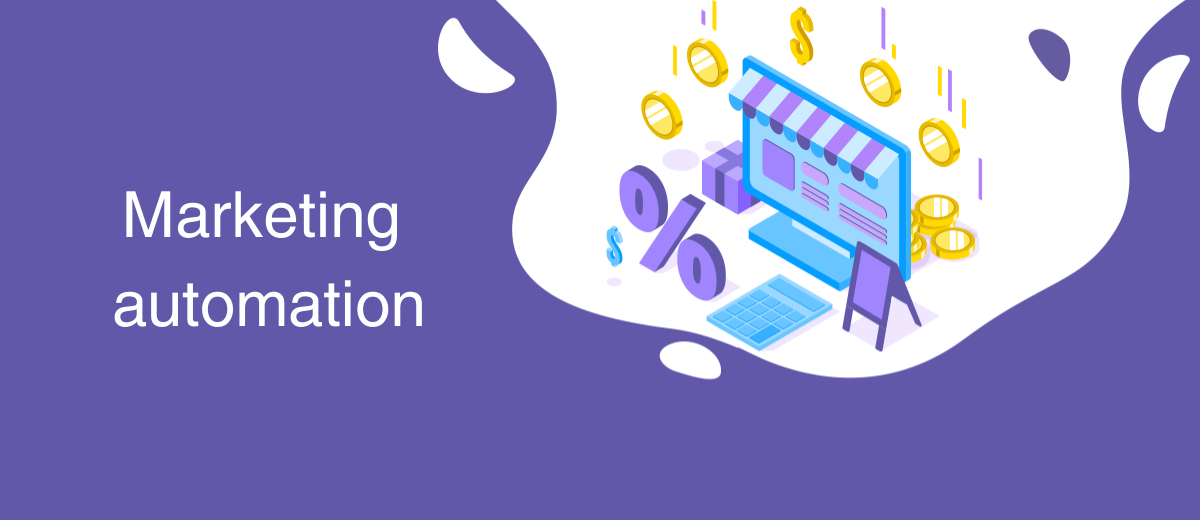Marketing automation
Marketing automation is the process of leveraging software and technology to automate repetitive marketing tasks, streamline workflows, and measure the performance of marketing campaigns. This approach enables businesses to enhance their marketing efficiency, personalize customer interactions, and optimize their marketing efforts, resulting in improved customer engagement and increased sales.
Marketing automation platforms and tools cover a wide range of marketing functions, including email marketing, social media posting, lead generation, lead scoring, customer segmentation, and marketing analytics. By automating these tasks, businesses can save time and resources, allowing marketing teams to focus on strategy and creative initiatives.
One key component of marketing automation is email marketing, which involves sending targeted and personalized email campaigns to customers and prospects based on their behavior and preferences. Automated email marketing allows businesses to nurture leads, retain customers, and promote upselling and cross-selling opportunities.
Lead scoring is another essential aspect of marketing automation, as it assigns a numerical value to leads based on their likelihood to convert into customers. This process helps prioritize leads and ensures that marketing and sales teams focus on high-value prospects. Lead scoring can be based on various factors, such as demographics, online behavior, and engagement with marketing content.
Customer segmentation is the process of dividing a business's customer base into distinct groups based on shared characteristics, such as demographics, interests, and purchasing behavior. Marketing automation tools can analyze customer data to create segments, enabling businesses to deliver more relevant and targeted marketing messages.
Marketing analytics involves gathering and analyzing data from marketing campaigns to assess their effectiveness and inform future marketing decisions. Marketing automation platforms often include robust analytics features, allowing businesses to track key performance indicators (KPIs) and optimize their marketing strategies.
In summary, marketing automation is a powerful approach for businesses to streamline their marketing efforts, personalize customer interactions, and make data-driven marketing decisions, ultimately driving growth and enhancing return on investment (ROI).
Back Home eCommerce Encyclopedia
Set up integration without programmers – ApiX-Drive
Articles about marketing, automation and integrations on our Blog

